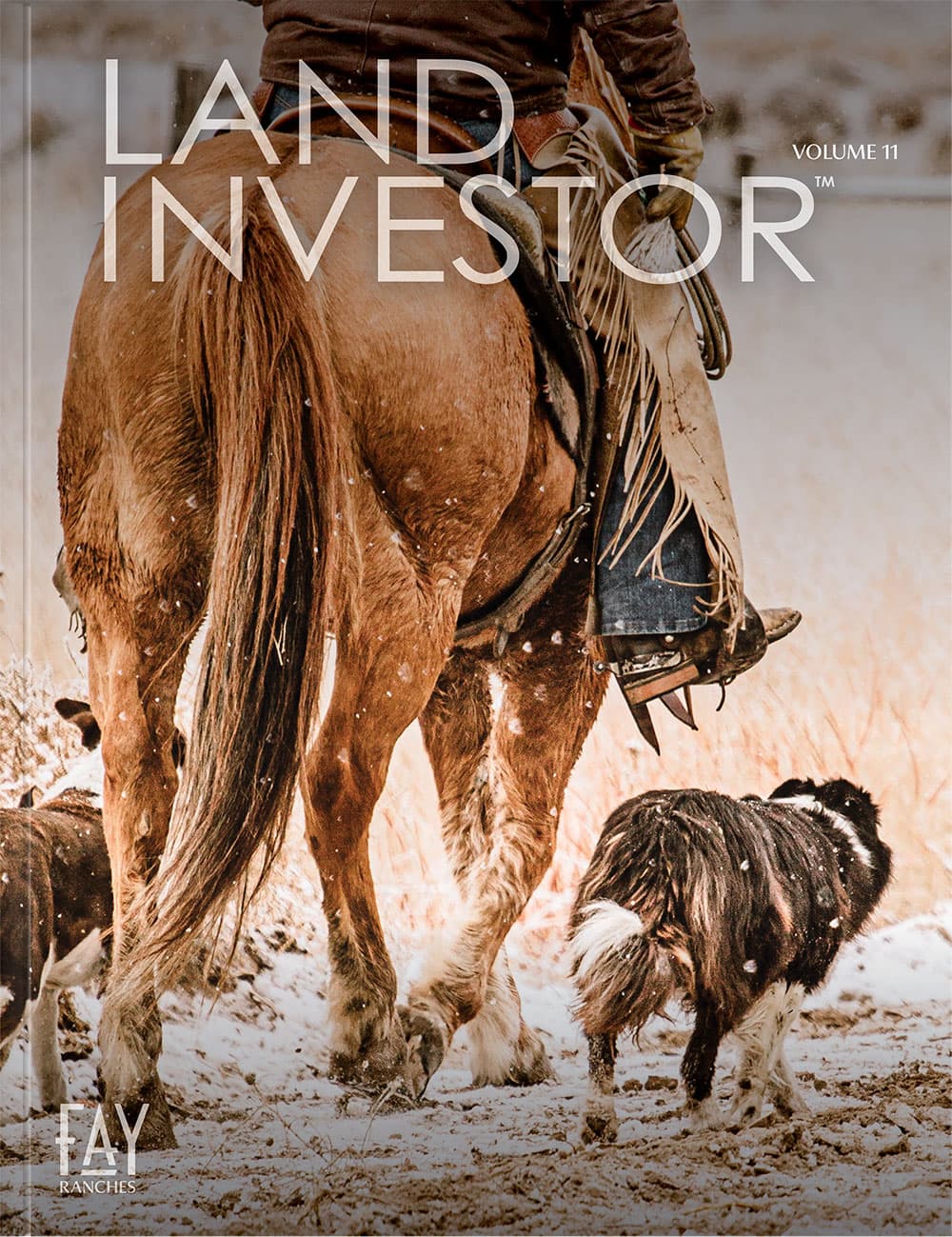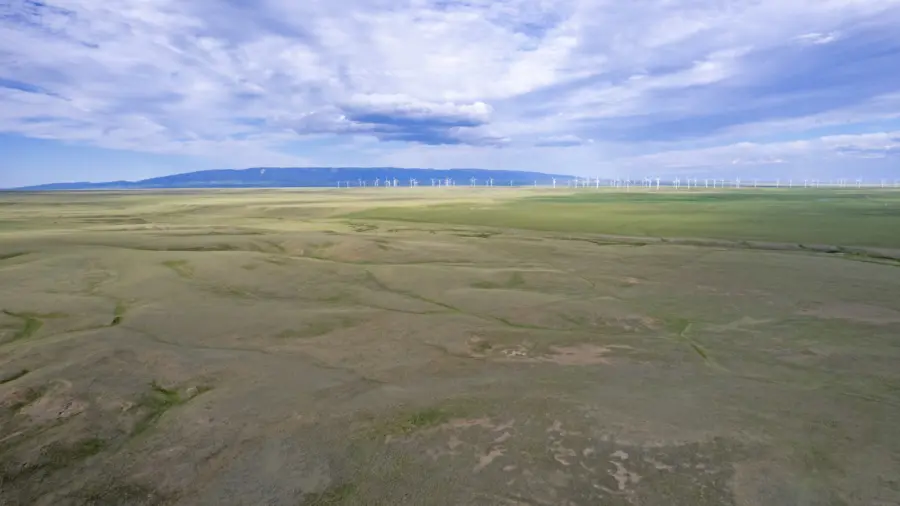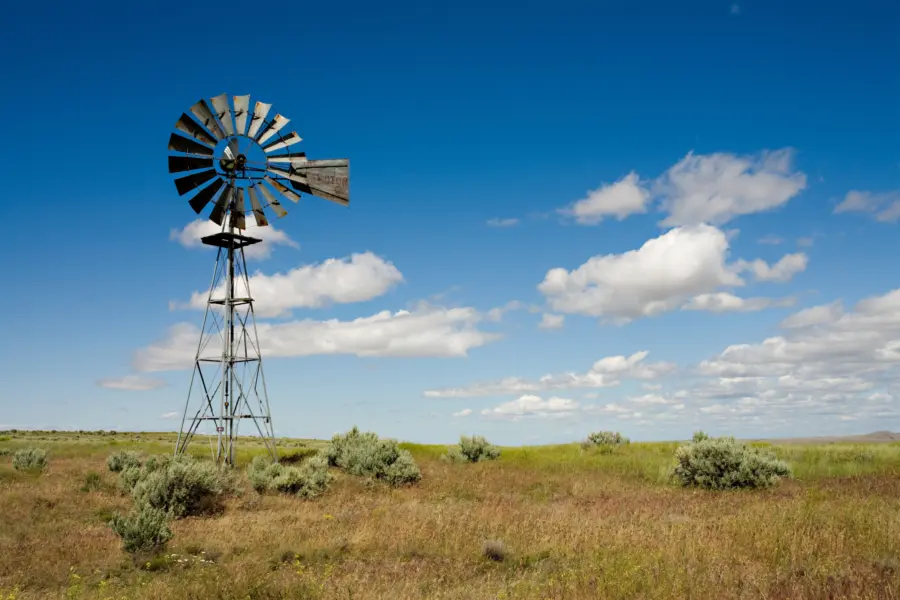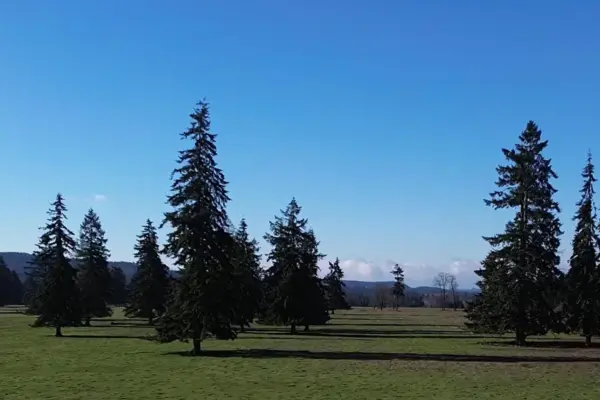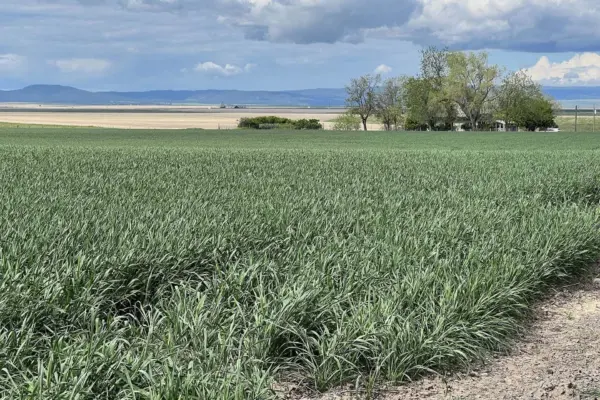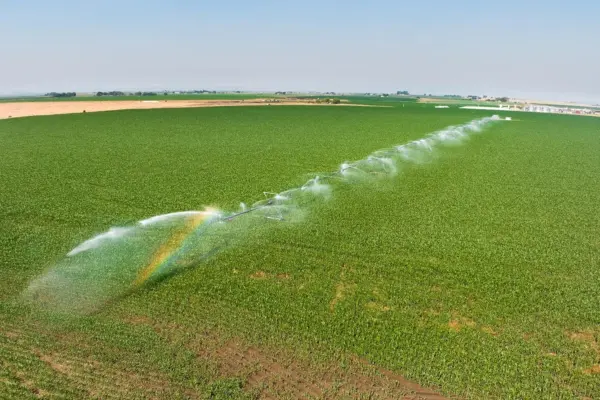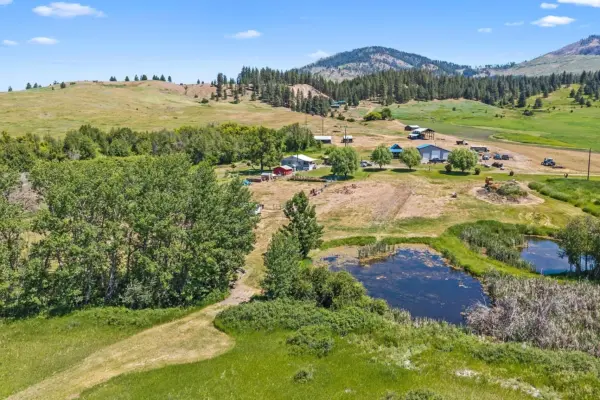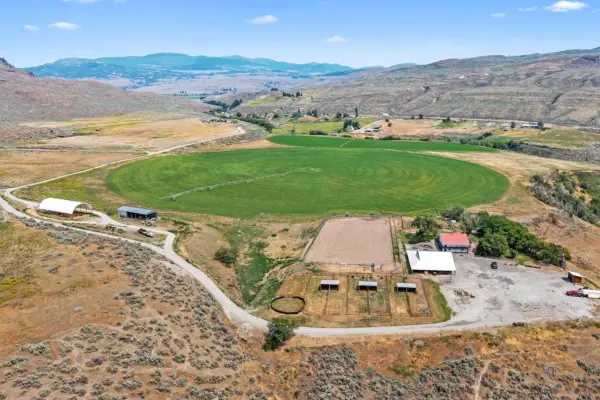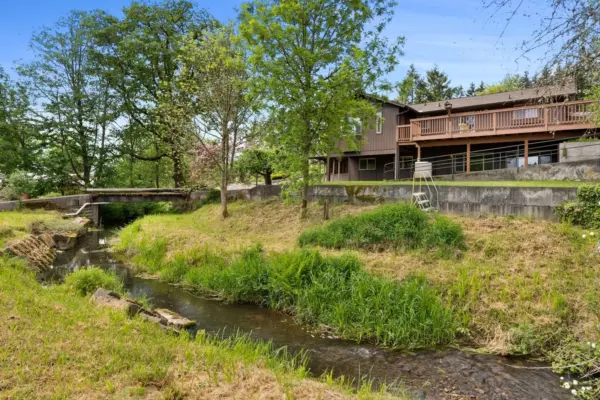After choosing a land broker and attorney, the next steps are to begin interviewing renewable energy developers. It is imperative that the developer chosen has experience developing wind projects in the local area and has the resources and capital to see a project through to its operational phase. The due diligence, financing, and construction processes can take years to complete and are fraught with challenges that are state and region-specific. Reputable companies will understand local county zoning ordinances and choose areas where permitting a project has the best chance for success. Developers should also have relationships with regional county commissioners and be involved with contributing to the growth of a community. They should also have good relationships with the local Public Utilities Department (PUD), as this will be foundational for a future power purchase agreement (PPA). Building these relationships will help foster acceptance of the developer in that region and will lead to inevitable discussions of renewable energy development in that community.
Long before a landowner is approached with a lease agreement, renewable energy companies should have negotiated a Power Purchase Agreement (PPA) with local electricity providers. This agreement lines out a price per megawatt hour (MWh) of electricity sold to the grid and establishes a minimum number of megawatts (MW) a local provider plans on purchasing. While turbines may be capable of producing incredible amounts of energy, if there is not a purchase agreement in place with adequate transmission and substation capacity, the power generated will go to waste. The power purchase agreement directly impacts how many turbines should be built, what size they should be, and how many megawatts the existing transmission system has space for. A transmission line that is several miles long with substations that allow interconnection to the grid could cost more than the construction of all the wind turbines combined. Ask how far away the generation interconnect (gen-tie) will be located, as this is where the energy from the proposed wind project will interconnect with the county transmission system for distribution.
Preparation is key to successful wind lease negotiations, and increasing knowledge of renewable energy can poise a landowner for success. Having independent professionals who are experienced in renewable energy development is pivotal in developing sustainable agreements. Choosing the right developer can make or break renewable energy projects. Understanding the power of a professionally written lease can open doors for multiple income streams through the coexisting of crop-share, grazing, recreational, renewable, and mineral leases. Land is the foundation of this country, and empowering landowners means keeping the farm in the family while building a legacy for generations to come.
